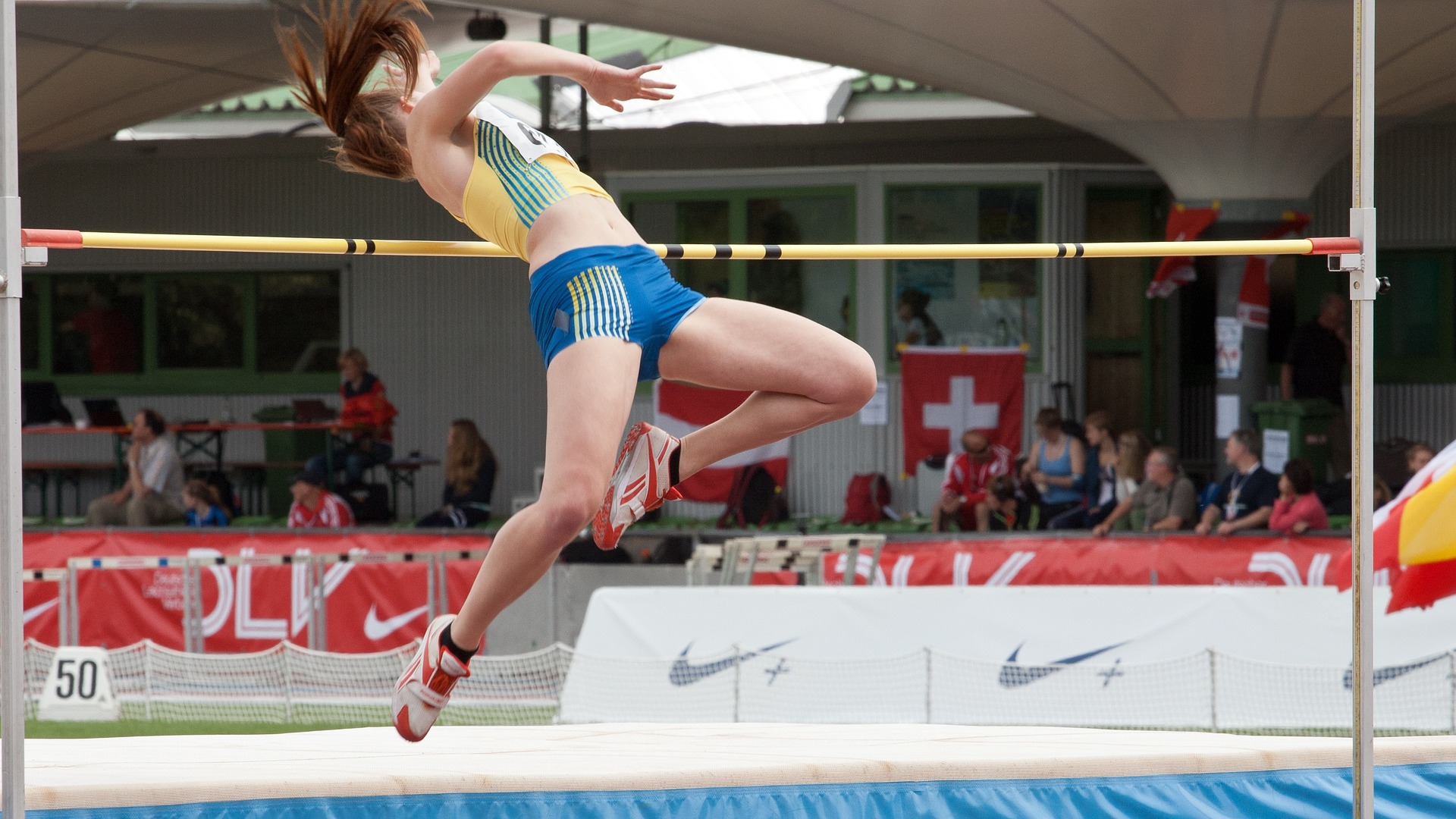
The financial security of Olympic athletes
POSTED ON:2023-06-01 05:41:00.
The financial security of Olympic athletes during and after their careers varies greatly, with some achieving significant wealth and others facing financial challenges. While there have been athletes who have had financially lucrative lives, they are the exception rather than the general rule. Additionally, the post-retirement mental state of athletes can also vary, and some individuals may experience difficulties adjusting to life after competitive sports.
During their athletic careers, Olympic athletes often face financial constraints due to the high costs associated with training, coaching, travel, and equipment. While elite athletes may receive financial support through sponsorships, endorsements, and government funding, this support is typically concentrated among the most successful and well-known athletes in popular sports. Athletes in lesser-known or emerging sports, as well as those at lower levels of competition, may struggle to secure adequate financial backing.
However, there have been Olympic athletes who have achieved significant financial success, largely driven by their performances, popularity, and marketability. These athletes may secure lucrative endorsement deals, sponsorships, and appearance fees. Well-known examples include Usain Bolt, Michael Phelps, and Simone Biles, who have amassed substantial wealth through a combination of sporting achievements and endorsement partnerships.
Despite these notable cases, it is important to note that financial success in the Olympic world is not widespread. Many athletes, particularly those in less popular sports, may struggle to make a living solely from their athletic endeavors. The limited earning potential during their careers can make it challenging to accumulate significant wealth or establish a secure financial foundation for the future.
Post-retirement, athletes may face additional financial and emotional challenges. The transition from a highly structured and competitive sporting environment to a regular life can be difficult. Athletes who have dedicated the majority of their lives to training and competing may experience a sense of loss, identity crisis, and uncertainty about their future. These challenges can have an impact on their mental well-being.
Financially, athletes may encounter difficulties if they haven't adequately planned for life after sports. The short-lived nature of an athlete's competitive career can make it challenging to accumulate savings or establish alternative income streams. While some athletes successfully transition into careers such as coaching, media, or sports administration, others may struggle to find suitable employment opportunities that provide financial stability.
To support athletes in their post-retirement journeys, sports organizations and governing bodies have implemented programs and initiatives focused on career transition, education, and mental health support. These resources aim to assist athletes in navigating the challenges of transitioning to life after sports and help them build fulfilling and financially stable post-competitive careers.
In conclusion, the financial security of Olympic athletes during and after their careers is not uniform. While some athletes achieve significant wealth through endorsements and sponsorships, they represent the exception rather than the general rule. Many athletes face financial constraints during their careers and may encounter challenges in securing their long-term financial stability post-retirement. The mental state of athletes post-retirement can also vary, with some experiencing difficulties adjusting to life outside of competitive sports. Continued support and resources are necessary to address these challenges and ensure the well-being of athletes beyond their athletic careers.
